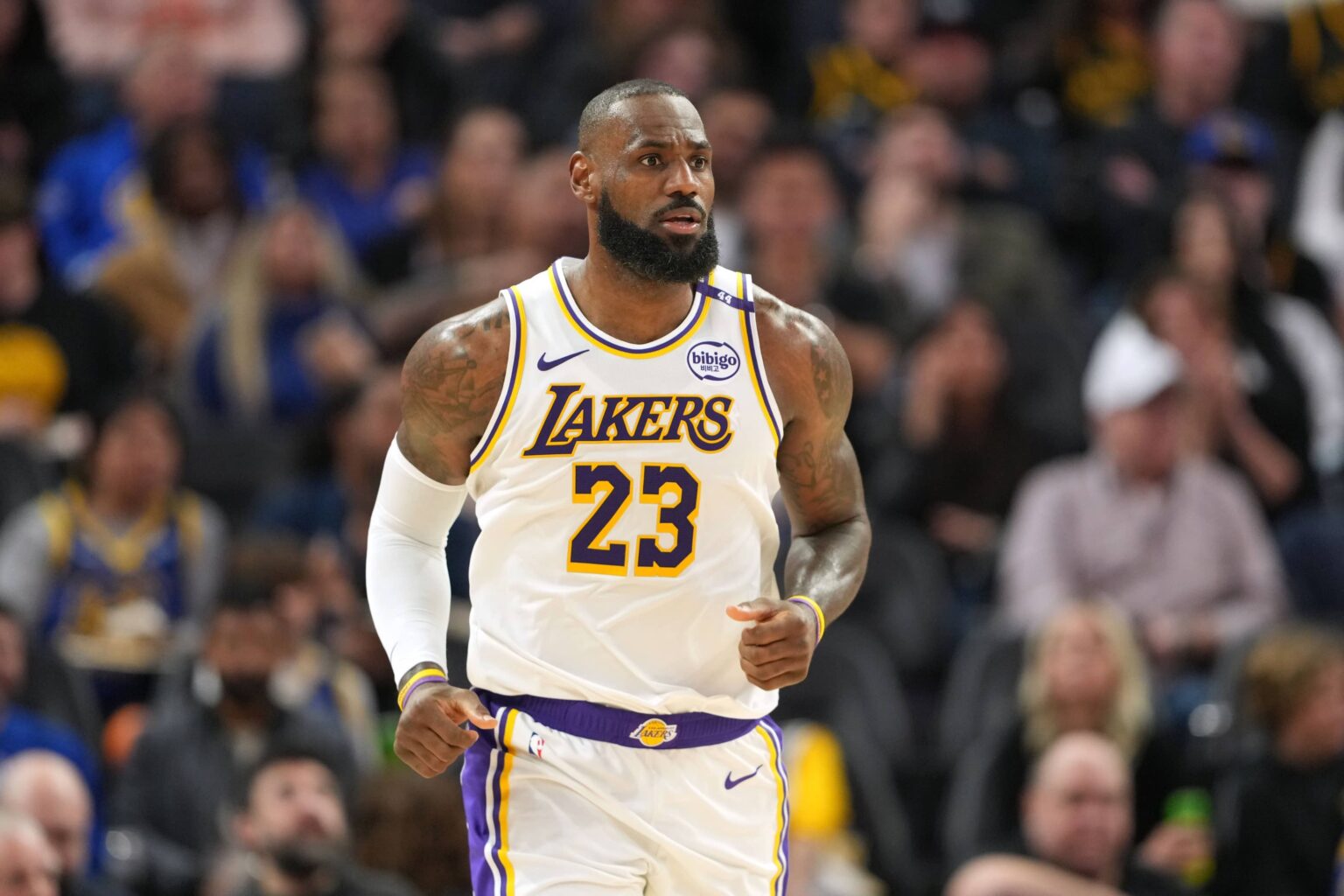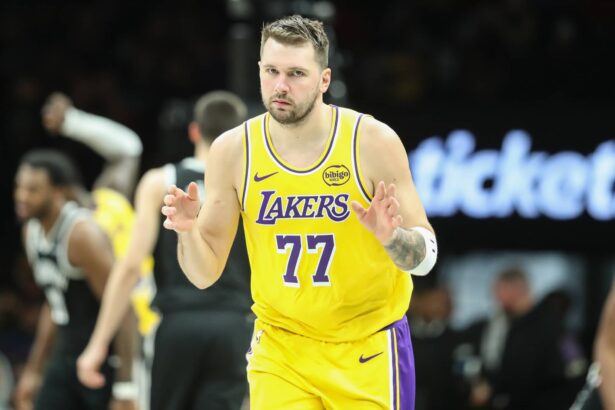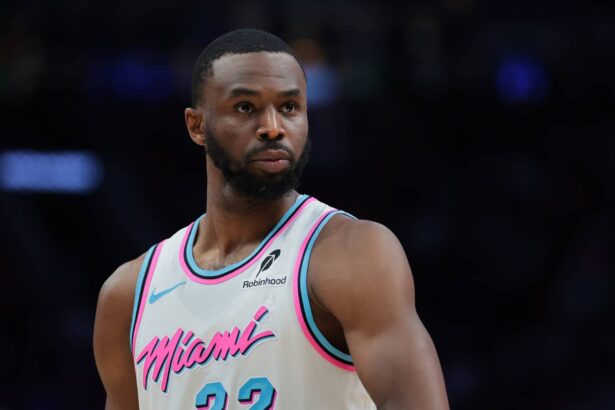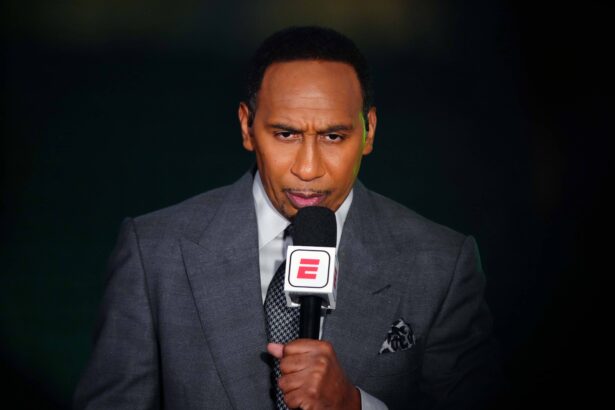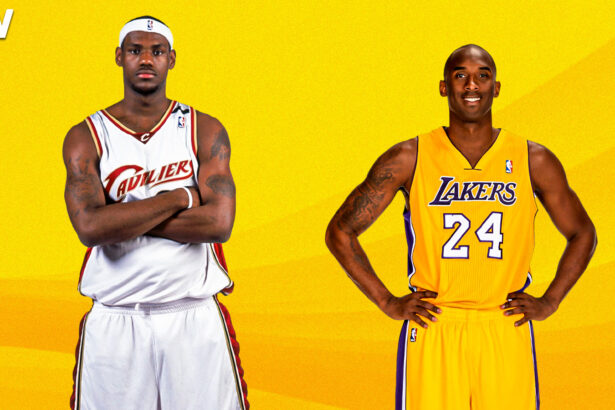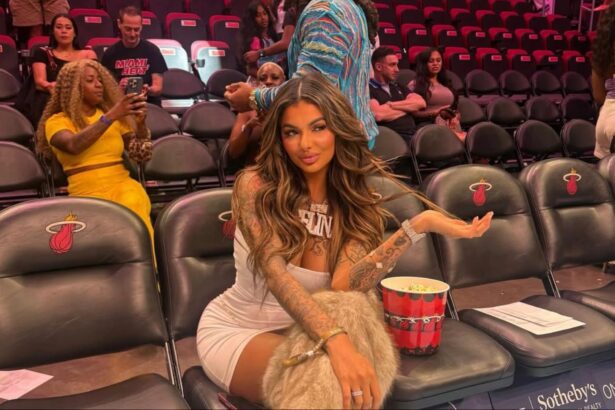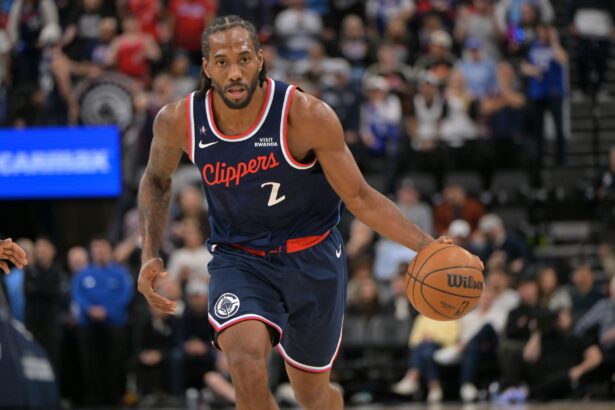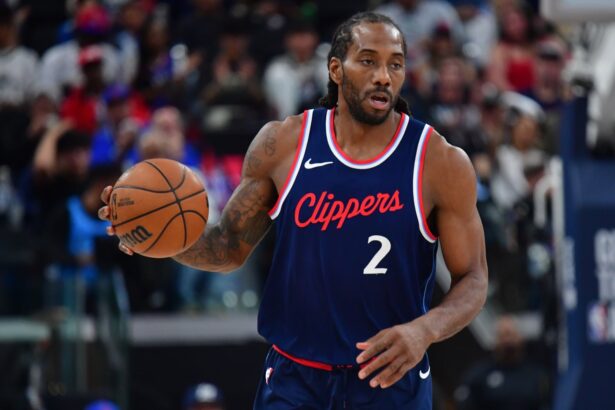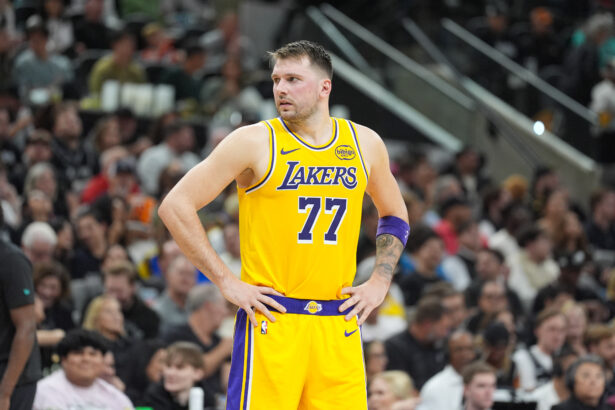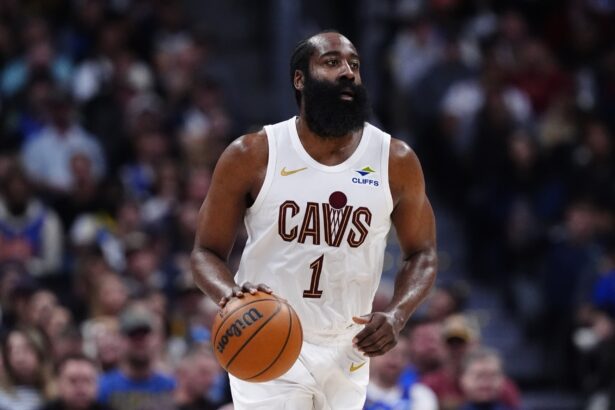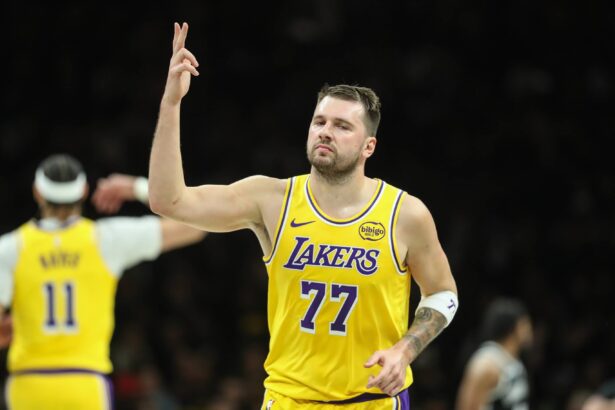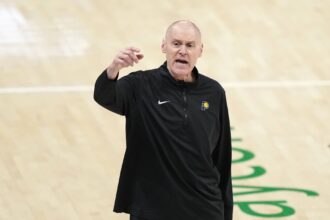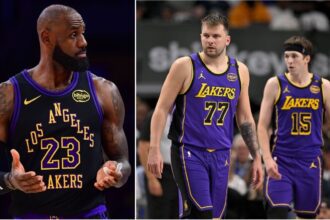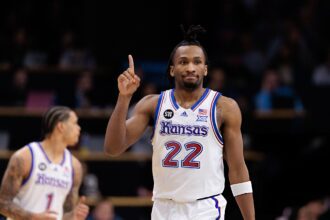Playing 20 or more seasons in the NBA is a rare accomplishment that has only happened 11 times in history. Few can withstand the physical and mental grind of two decades in the league, but some, such as LeBron James, Kareem Abdul-Jabbar, and Kobe Bryant, have accomplished this at the highest level.
- LeBron James – 23 Seasons Played
- Vince Carter – 22 Seasons Played
- Kevin Garnett – 21 Seasons Played
- Dirk Nowitzki – 21 Seasons Played
- Chris Paul – 21 Seasons Played
- Robert Parish – 21 Seasons Played
- Kevin Willis – 21 Seasons Played
- Kareem Abdul-Jabbar – 20 Seasons Played
- Kobe Bryant – 20 Seasons Played
- Jamal Crawford – 20 Seasons Played
- Udonis Haslem – 20 Seasons Played
LeBron James, now entering his 23rd NBA season, has taken the concept of durability to an entirely new level. While most players in their late thirties fade into supporting roles or retire, LeBron continues to perform at an All-NBA caliber.
As we rank the greatest players ever to log 20-plus seasons, the question isn’t just who lasted the longest but who managed to come close to what The King has done for over two decades.
LeBron James – 23 Seasons Played
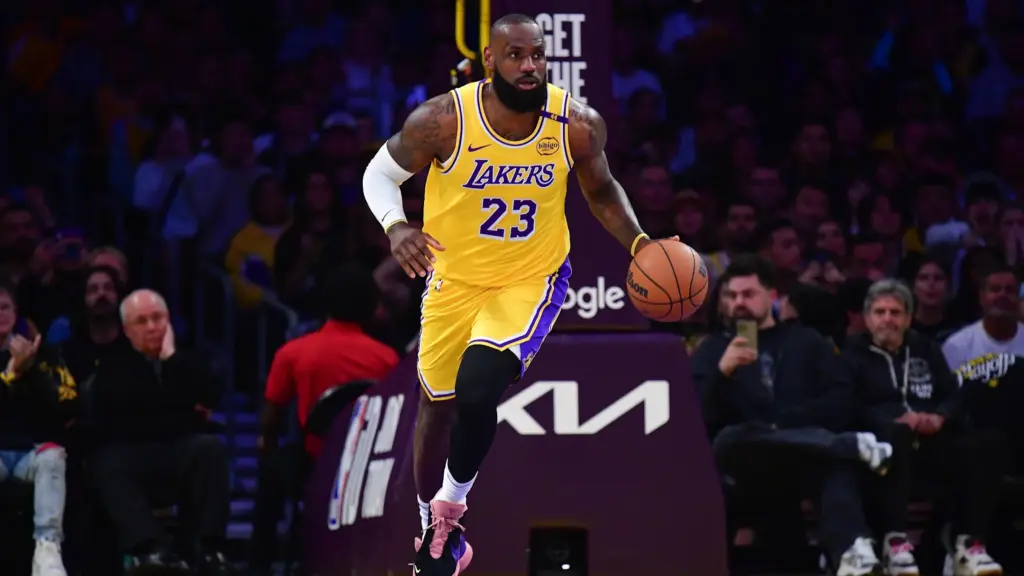
Career Games Played: 1,562
Career Stats: 27.0 PPG, 7.5 RPG, 7.4 APG, 1.5 SPG, 0.7 BPG
LeBron’s durability is almost unfathomable. Coming into his 23rd NBA season, he has amassed 1,562 regular-season games, moved to second all-time in games played (just behind Robert Parish), and is closing in on taking that top spot. What separates him from most is not just the number of seasons, but his ability to adapt his game while staying effective.
When compared to others who have played 20+ seasons, LeBron stacks up not only in length but also in sustained impact. Many of those long-career players experienced steep declines before the age of 38 or 39; LeBron is still among the top in multiple statistical categories deep into his 30s and into his early 40s. His accumulation of records (points and minutes, for example) reflects not just staying in the league, but staying healthy enough and good enough to contribute meaningfully. Quite frankly, we will never see a player last as long as James has and still be at an elite level.
Vince Carter – 22 Seasons Played
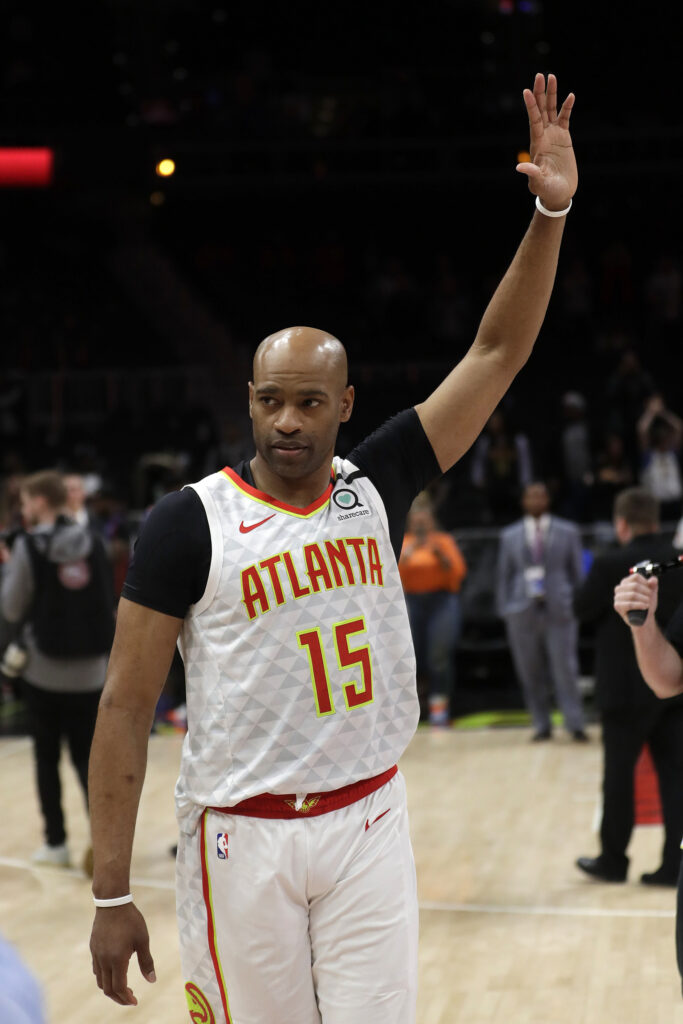
Career Games Played: 1,541
Career Stats: 16.7 PPG, 4.3 RPG, 3.1 APG, 1.0 SPG, 0.6 BPG
Over 22 seasons, Vince Carter appeared in 1,541 regular-season games and averaged 16.7 PPG, 4.3 RPG, and 3.1 APG across his career. Early in his career, Vince was among the league’s most electric scorers and high flyers; later, he transitioned into a sharpshooting veteran, often coming off the bench, with fewer minutes but still valuable contributions as a locker room leader.
He clearly took care of his body and accepted smaller but still meaningful assignments, which kept him in the league when many peers had stepped aside. In contrast with LeBron, Carter’s peak was less sustained (i.e., fewer All-NBA selections late in his career) and his per-game impact dipped more sharply. But Carter’s longevity in itself is remarkable: playing into his forties, contributing to teams as a mentor, leader, and three-point specialist.
Kevin Garnett – 21 Seasons Played
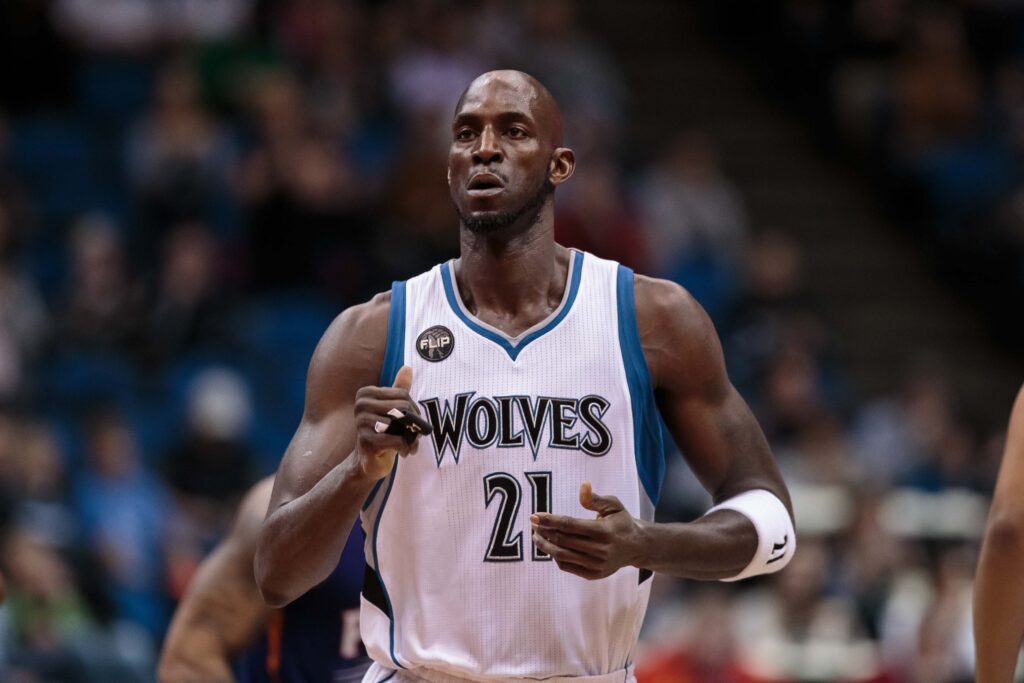
Career Games Played: 1,462
Career Stats: 17.8 PPG, 10.0 RPG, 3.7 APG, 1.3 SPG, 1.4 BPG
Kevin Garnett played 21 seasons, appearing in 1,462 games. His durability came from his intense competitiveness, conditioning, and willingness to change his game over time. He remained a rebounding force and defensive presence well past what many would expect, at times sacrificing vertical explosiveness or scoring volume but maintaining his core strengths and values as a leader.
Garnett’s rebounding, rim protection, and defensive leadership over two decades make him a strong name to remember when measuring impact over a long time. In many ways, Garnett shows that there are multiple paths to longevity; not every player has to be a high scorer or lead in every stat to leave a lasting legacy. As long as you provide winning intangibles, there’s a place for you in the NBA.
Dirk Nowitzki – 21 Seasons Played
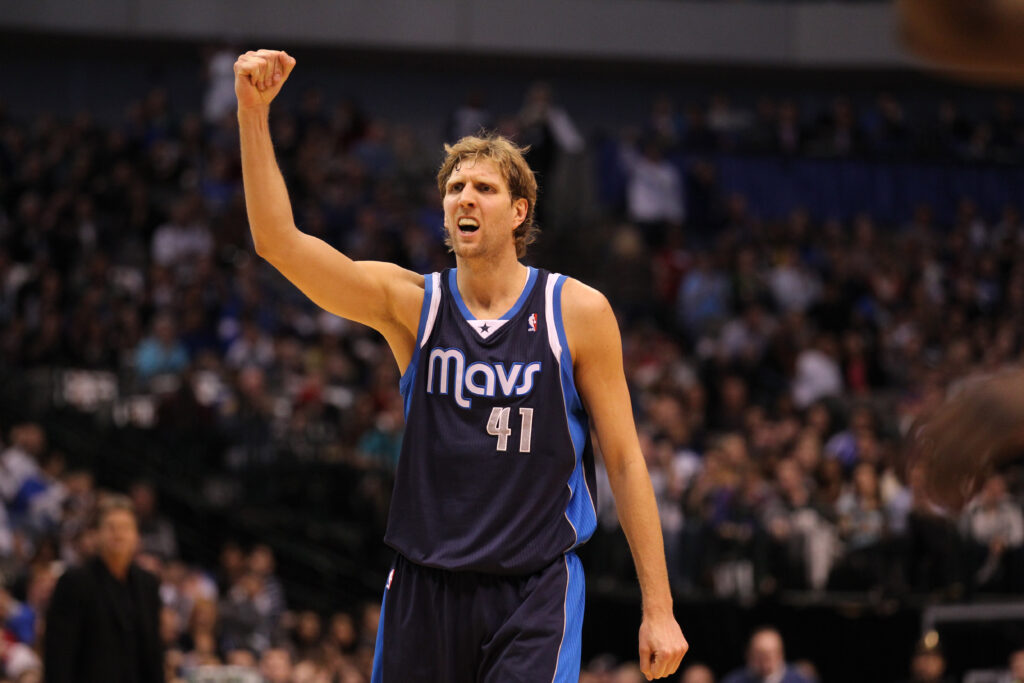
Career Games Played: 1,522
Career Stats: 20.7 PPG, 7.5 RPG, 2.4 APG, 0.8 SPG, 0.8 BPG
Dirk Nowitzki, with 21 seasons and around 1,522 games, averaged about 20.7 PPG, 7.5 RPG, and 2.4 APG. He is a prime example of how adapting style can extend a career: Dirk’s transition from post-dominance to being more of a perimeter threat, relying heavily on his signature one-legged fadeaway, improved three-point shooting, and spacing, makes him less dependent on athleticism in his later years.
Compared to LeBron, Dirk never had quite the same all-around stat line, but his scoring and efficiency in many seasons, especially the way he could carry offensive loads when needed, put him in rare company. Dirk’s legacy is probably more focused on offensive uniqueness and loyalty (one franchise for most of his career). If Dirk had played in today’s game, he probably would have lasted in the league even longer.
Chris Paul – 21 Seasons Played
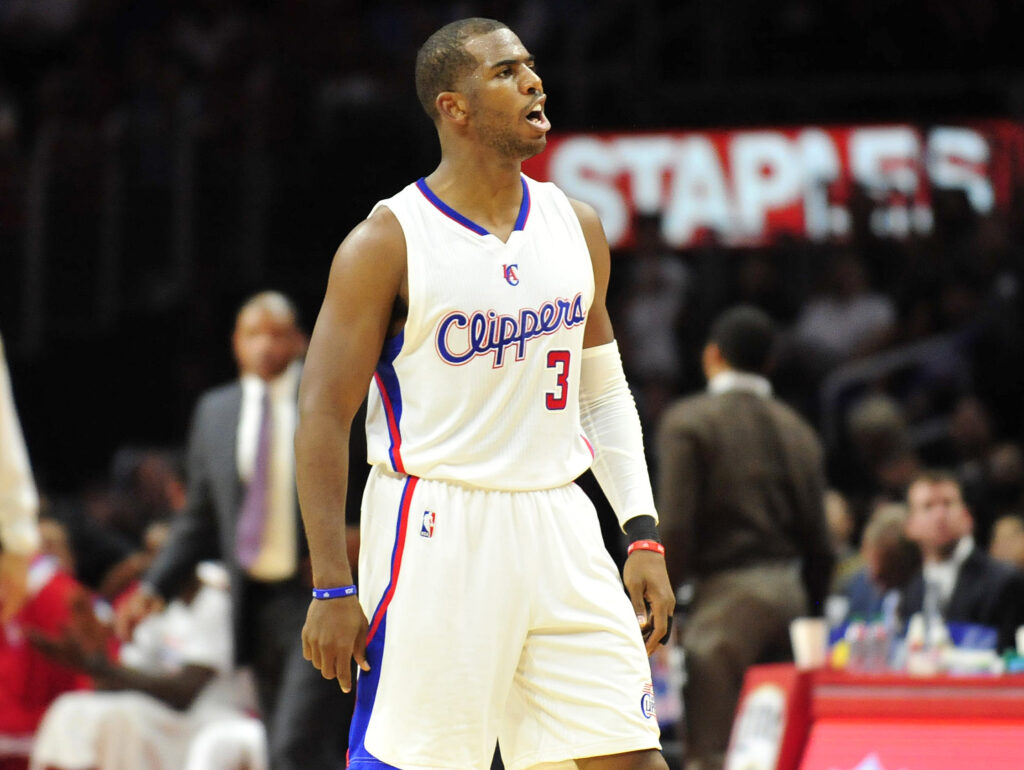
Career Games Played: 1,354
Career Stats: 17.0 PPG, 4.4 RPG, 9.2 APG, 2.0 SPG, 0.2 BPG
Chris Paul, with 20 seasons under his belt as he nears his 21st, will approach the 2025-26 campaign with one last run in the league before retiring. Paul’s longevity comes from elite basketball IQ, conditioning, adaptation, and being one of the best floor generals in NBA history. Even when not scoring heavily, his assist and decision-making impact make him a key contributor deep into his late 30s.
In the comparison with a star like LeBron, Chris Paul contributes differently. Paul will never match LeBron’s scoring or rebounding impact, but his ability to control the tempo, his leadership, and consistent high-level performance in assists and steals make him a different type of longevity model. Even if CP3 never wins an NBA title, his Hall of Fame legacy is solidified.
Robert Parish – 21 Seasons Played
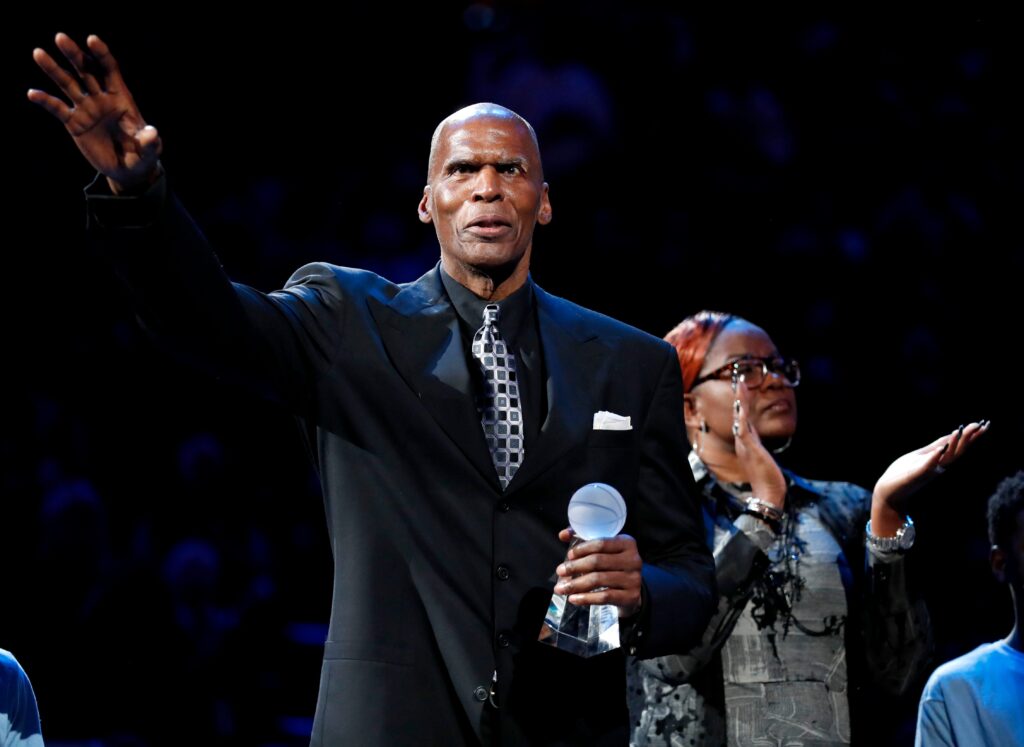
Career Games Played: 1,611
Career Stats: 14.5 PPG, 9.1 RPG, 1.4 APG, 0.8 SPG, 1.5 BPG
Robert Parish is something of the original gold standard for longevity. Over 21 seasons, he holds the record for most games played with 1,611 regular-season games as of the recent past. He averaged roughly 14.5 PPG, 9.1 RPG, and 1.4 APG; steals and blocks were less clearly tracked over all his seasons, but he was always known more for consistent rebounding, durability, and steadiness than for high flash.
Even when comparing him to LeBron, Parish is ahead in cumulative totals of games simply because he held on and avoided missing large chunks of seasons. Parish didn’t have the same level of all-around game (assists, playmaking) or scoring at elite levels late into his career as other superstars on this list, but holding that Games Played record for so long (until LeBron challenges it) shows how rare sustained presence is in the NBA.
Kevin Willis – 21 Seasons Played
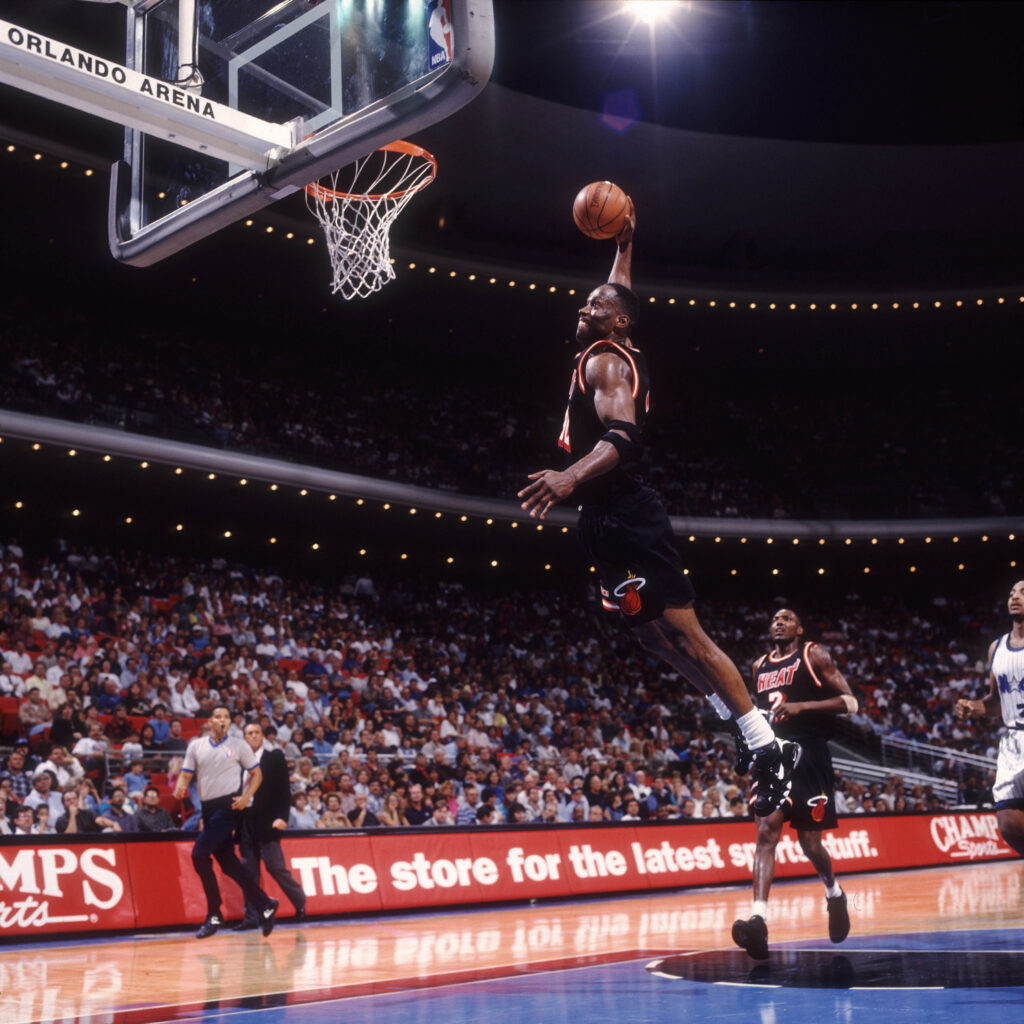
Career Games Played: 1,424
Career Stats: 12.1 PPG, 8.4 RPG, 0.9 APG, 0.7 SPG, 0.5 BPG
Kevin Willis carved out a long career largely through consistency and adaptability. Over 21 seasons, he played for eight different franchises, often as a solid rotation big man rather than a star. He never demanded the ball, but he could rebound, set screens, and defend even if his individual stats waned.
Willis never amassed the accolades of an MVP or perennial All-Star, but his durability and team-first mentality are part of what the longevity narrative is about. The big man proved that being a dependable contributor whose career longevity is rooted more in role acceptance can lead to a successful career.
Kareem Abdul-Jabbar – 20 Seasons Played
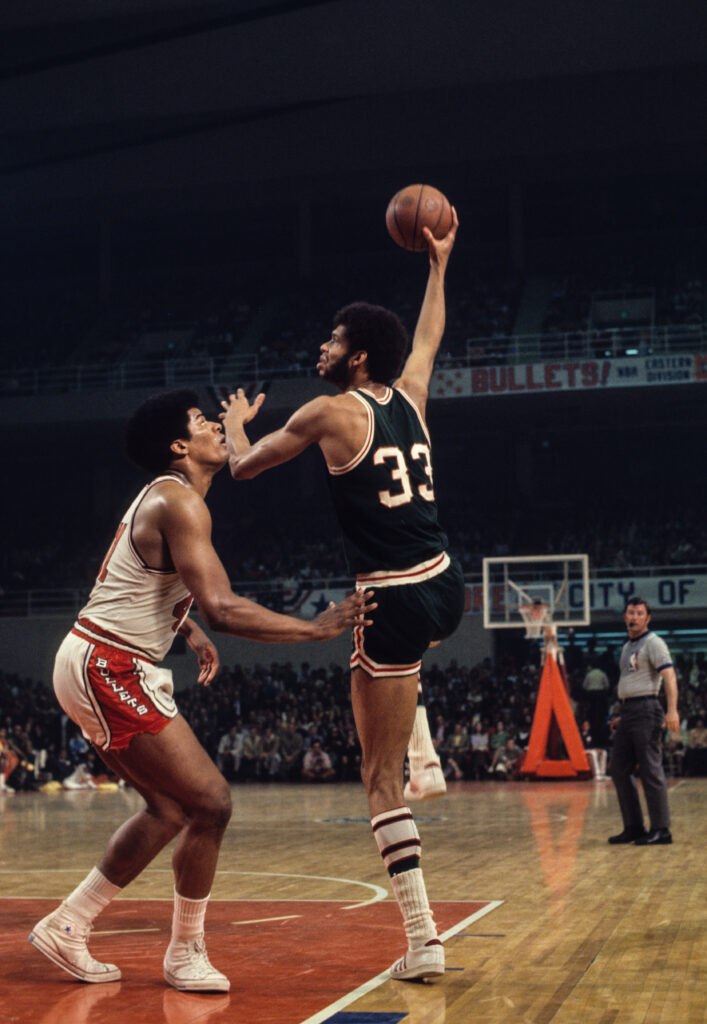
Career Games Played: 1,560
Career Stats: 24.6 PPG, 11.2 RPG, 3.6 APG, 0.9 SPG, 2.6 BPG
Kareem’s longevity is legendary, not just for duration but for dominance sustained deep into his late 30s and early 40s. His signature hook shot reduced wear and tear, and he managed his body carefully. Over 20 seasons, he collected six MVPs with six titles and remained a threat until the end.
Comparing a player like LeBron to Kareem is inevitable. Kareem’s cumulative totals (points, games, minutes) were benchmarks for decades. But LeBron has now overtaken many of those. Kareem’s longevity didn’t come through the same level of passing, positional versatility, or perimeter play that LeBron uses; yet his longevity into old age via shot efficiency and conditioning remains a strong point in any discussion about the GOAT of longevity.
Kobe Bryant – 20 Seasons Played
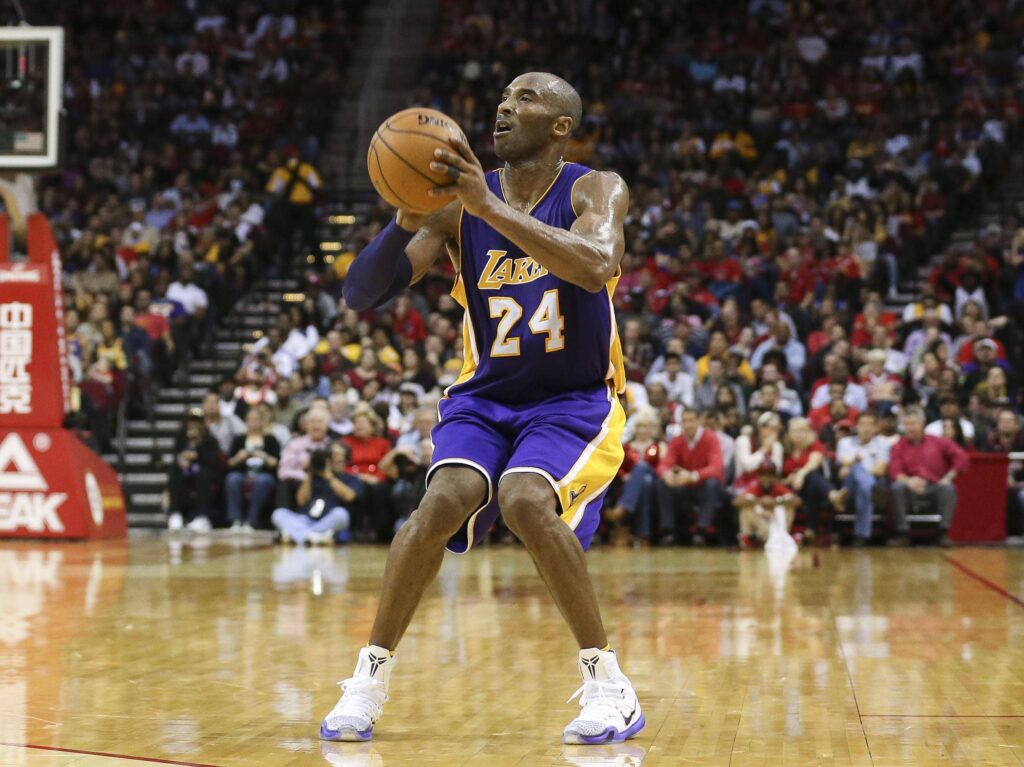
Career Games Played: 1,346
Career Stats: 25.0 PPG, 5.2 RPG, 4.7 APG, 1.4 SPG, 0.5 BPG
Kobe Bryant’s 20 seasons are legendary, not just for duration but for what he did within them. Over his 20-year career, he played over 1,300 games, averaging 25.0 PPG, 5.2 RPG, and 4.7 APG. He battled through injuries, changing, evolving rosters, and in many seasons was among the league’s top scorers while taking heavy usage. The five-time NBA champion’s work ethic and ability to take on a scoring load, even when physically compromised, are a big part of his legacy.
However, Kobe’s decline in volume and efficiency in his later seasons is more pronounced than a player like LeBron. He had seasons of reduced minutes and changed roles, but he didn’t sustain assist or rebound growth the way LeBron has been able to. Comparing their 20-season milestones, Kobe’s peak is comparable or even superior in certain years, but LeBron’s ability to stay among the best across more categories longer gives him an edge in the discussion of “20+ seasons’ greatness.”
Jamal Crawford – 20 Seasons Played
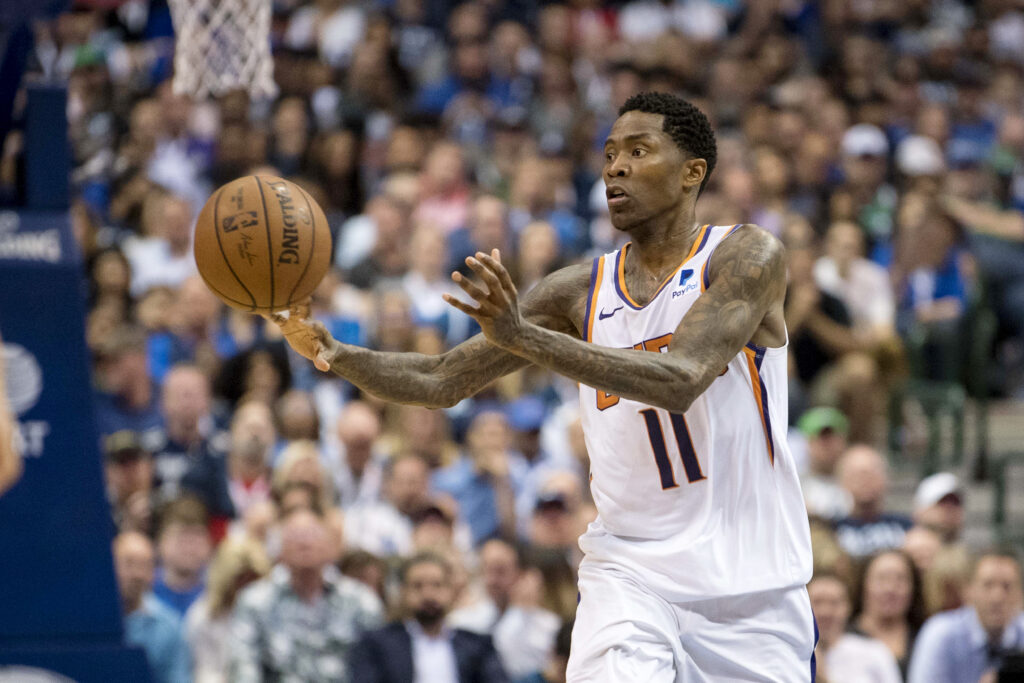
Career Games Played: 1,327
Career Stats: 14.6 PPG, 2.2 RPG, 3.4 APG, 0.9 SPG, 0.2 BPG
Jamal Crawford’s claim to long-career relevance came through his shooting, ball-handling, and ability to adapt to diminishing athleticism. Even in his late 30s, he could still catch fire from deep or break down defenders with his dribbling, and he was trusted to be a go-to scorer in the starting lineup or coming off the bench.
Of course, Crawford won Sixth Man of the Year three times in his career and is regarded as one of the greatest ball-handlers ever. Like most who played for two decades, Crawford never attempted to maintain all-around dominance or carry high loads deep into his 30s; instead, he leaned fully into scoring ability and reduced his minutes.
Udonis Haslem – 20 Seasons Played
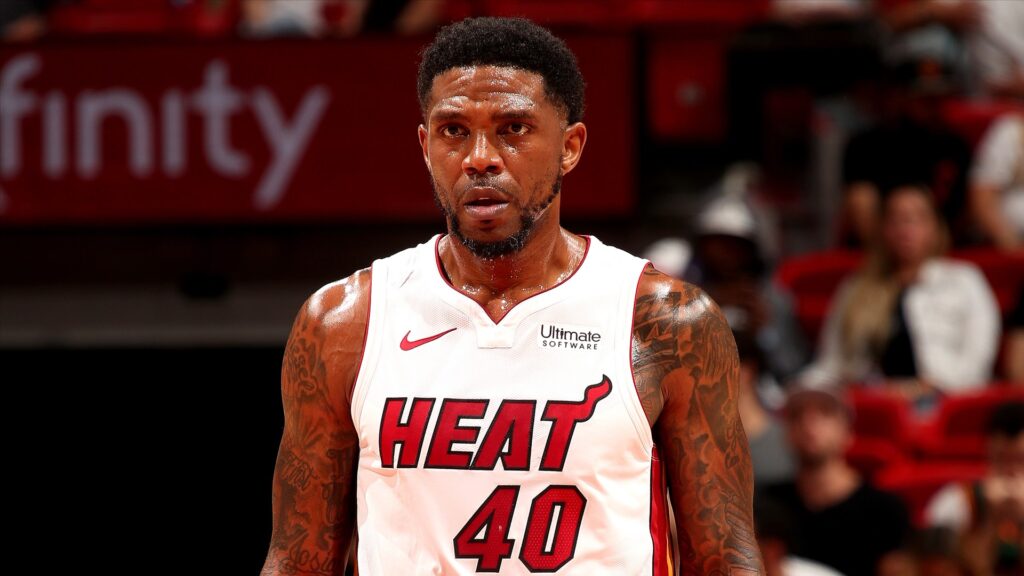
Career Games Played: 879
Career Stats: 7.5 PPG, 6.6 RPG, 0.8 APG, 0.5 SPG, 0.3 BPG
Udonis Haslem’s 20 years in the league are as much a testament to heart, culture, and leadership as on-court numbers. He spent his entire career with the Miami Heat, often accepting reduced roles in his later seasons to be an “assistant coach” on the floor, bench, and locker room. More than just a brain, Haslem was also a physical enforcer to make sure things stabilized if anything got out of hand.
Statistically, Haslem is far from LeBron or the other superstar-level players who completed at least 20 seasons in the NBA. His contributions in scoring or playmaking never came close to an All-Star level, especially late in his career. But his longevity is tied to identity, toughness, leadership, mentorship, and organizational loyalty.

